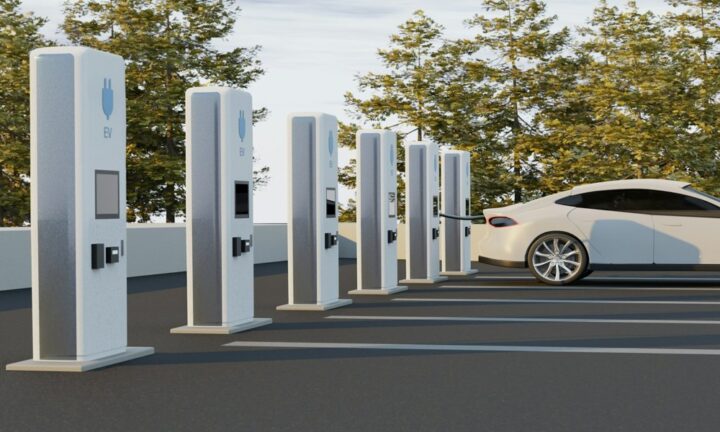Cost Analysis of Installing Electric Vehicle Charging Stations in Commercial Properties
With the rising popularity of electric vehicles, commercial properties are increasingly considering the benefits of offering charging stations. For business owners and property managers, this investment can enhance appeal to environmentally conscious customers and tenants.
Understanding the various costs and factors involved can help make an informed decision about implementing these solutions in commercial spaces.
Key Cost Factors for Installing Electric Vehicle Charging Stations

The expense of EV charging station installation in a commercial setting depends on several factors. One major influence is the type of charger selected. While Level 1 chargers are affordable, they’re slower and less common for commercial use. Level 2 and DC fast chargers, which charge vehicles more quickly, are more popular for commercial applications, but they come with higher installation costs.
The property’s location and electrical infrastructure also play significant roles in determining expenses. Older buildings, for example, may need upgrades to handle the additional load, increasing costs. Additionally, whether chargers are installed in indoor parking areas or open lots impacts expenses, as outdoor units may need weatherproofing and extra safety features.
Financial Incentives for Commercial Properties
Installing electric vehicle charging stations may be more affordable with financial incentives, which can greatly offset upfront costs. Federal, state, and local governments often offer rebates, tax credits, or grants to encourage businesses to add charging stations. In some regions, utility companies provide special programs or funding to make installation more accessible.
Ongoing Costs and Considerations
After installation, electric vehicle chargers incur minimal but essential ongoing costs. Routine maintenance and software updates ensure optimal performance, while electricity usage represents an additional operational expense.
Maintenance costs are typically low, yet they’re vital to ensure the equipment remains functional and safe for users. Some businesses opt for subscription-based management services that handle software, maintenance, and customer support, simplifying upkeep.
Benefits of Installing Electric Vehicle Chargers in Commercial Spaces
Investing in electric vehicle charging solutions offers numerous benefits beyond meeting demand. Charging facilities enhance the eco-friendly image of a property, appealing to environmentally conscious customers and employees.
Drivers actively seek locations that provide charging options, which can lead to increased foot traffic. In retail settings, the additional time spent on-site while vehicles charge often results in more in-store purchases.
Choosing the Right Installation Provider
Selecting the right provider is crucial for a seamless installation experience and long-term satisfaction. Important considerations include the provider’s experience, transparent pricing, and knowledge of commercial installations. Providers with expertise in this area can advise on optimal placement, power needs, and suitable equipment for the specific demands of each property.
Working with an installer familiar with local regulations and incentive programs can also simplify the process, ensuring an efficient, compliant, and cost-effective setup. Comparing estimates and customer feedback from previous clients helps identify reliable providers who can meet a property’s specific needs.
Long-Term Value of Electric Vehicle Charging Station
For most commercial properties, installing electric vehicle charging stations offers valuable long-term returns. As electric vehicle adoption rises, the need for accessible charging facilities will continue to grow. By investing in these solutions now, businesses can attract a wider customer base, meet employee needs, and adapt their property to future developments in clean technology.
With available tax credits, rebates, and other incentives, the initial costs of EV charging station installation are more accessible than ever. Considering the low maintenance needs and potential to generate revenue through usage fees, adding chargers offers both financial and environmental benefits.
For commercial property owners, these stations represent a forward-thinking commitment to sustainability and customer convenience that will continue to deliver value for years to come.


